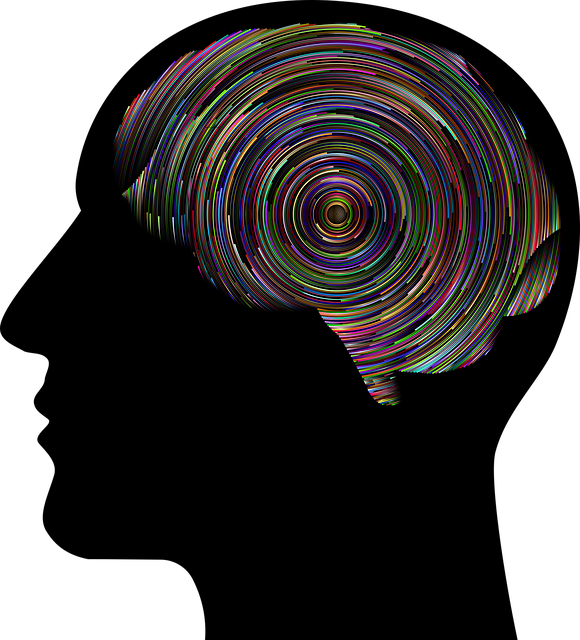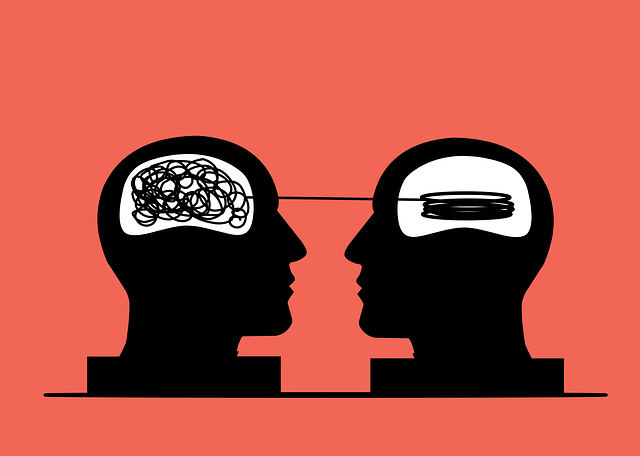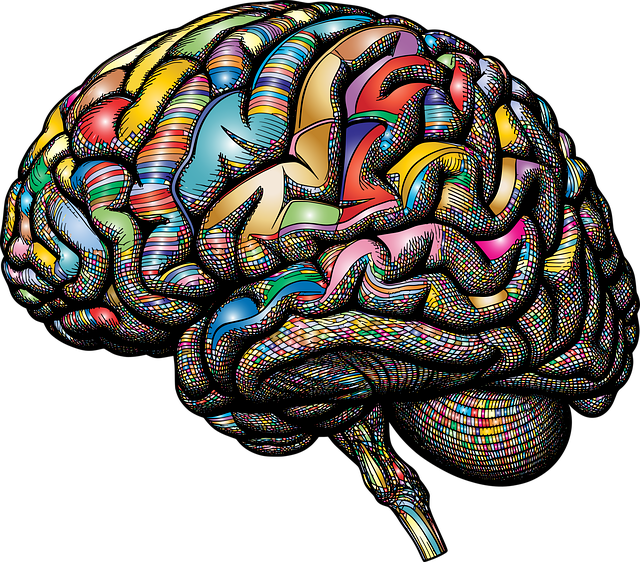In developing a mental health education program for Boulder, CO, incorporating Boulder Spiritual-Religious Issues Therapy is crucial to address the diverse needs of the community. The program should integrate sensitive communication strategies, self-awareness exercises respectful of belief systems, and tailored interventions to promote understanding and reduce stigma. By leveraging mindfulness meditation, interactive activities, and a Mental Wellness Podcast Series, along with stress reduction workshops aligned with active lifestyles, the program empowers residents with tools for long-term mental health awareness. Strategic implementation, including Compassion Cultivation Practices, and evaluation metrics focusing on participant satisfaction and improved skills, ensure success in fostering resilience and emotional well-being within Boulder's spiritual-religious communities.
In today’s diverse communities, such as Boulder, CO, mental health education programs must be designed with cultural sensitivity and spiritual-religious considerations. This article delves into creating impactful programs by understanding Boulder’s unique needs and exploring key components for comprehensive mental health education. From identifying target audiences to implementing effective strategies, we uncover best practices that integrate spiritual-religious issues in therapy, ensuring a holistic approach to well-being.
- Understanding Mental Health and Spiritual-Religious Issues: A Foundation for Effective Program Design
- Identifying Target Audience Needs and Cultural Sensitivity in Boulder, CO
- Core Components of a Comprehensive Mental Health Education Program
- Implementation Strategies and Evaluation Metrics for Optimal Impact
Understanding Mental Health and Spiritual-Religious Issues: A Foundation for Effective Program Design

Understanding mental health involves recognizing that it’s a multifaceted aspect of well-being, encompassing emotional, psychological, and social elements. In many cultures, spiritual or religious beliefs play a significant role in shaping individuals’ perceptions of mental health and seeking help. Thus, a comprehensive mental health education program design must address both secular and Boulder Spiritual-Religious Issues therapy to foster inclusivity and effectiveness.
Integrating these aspects requires sensitive communication strategies that respect diverse perspectives while promoting understanding. Mental health professionals should be equipped with tools for Risk Management Planning, enabling them to navigate sensitive discussions around faith and mental illness competently. This includes recognizing when to refer clients to spiritual or religious leaders who can offer supplementary support, tailoring interventions to respect individual beliefs, and creating safe spaces where individuals feel comfortable exploring their mental health without fear of judgment.
Identifying Target Audience Needs and Cultural Sensitivity in Boulder, CO

In designing a mental health education program for Boulder, CO, it’s crucial to begin with a deep understanding of the target audience’s needs and cultural nuances. Given the diverse population of this city, including many individuals grappling with spiritual-religious issues, tailored interventions are essential. For instance, incorporating self-awareness exercises sensitive to various belief systems can help participants explore their mental health challenges while respecting their faith journeys.
Boulder’s vibrant community also presents an opportunity to integrate stress reduction methods and management workshops that resonate with locals’ active lifestyles. By offering engaging activities and knowledge-sharing sessions, the program can empower residents with practical tools for navigating stress, fostering resilience, and enhancing overall well-being. Such initiatives not only cater to immediate needs but also contribute to a lasting culture of mental health awareness within the organization and broader Boulder community.
Core Components of a Comprehensive Mental Health Education Program

A comprehensive mental health education program should incorporate several key components to effectively address and promote understanding of various aspects of mental wellness. One such crucial element is integrating spiritual-religious issues therapy, recognizing that faith and belief systems significantly influence an individual’s mental health and coping mechanisms. In today’s diverse society, this approach ensures inclusivity and caters to the unique needs of those who seek support within their spiritual frameworks. For instance, a well-designed program can include discussions on mindfulness meditation as a therapeutic tool, which has been scientifically proven to enhance mental clarity and reduce stress.
Additionally, focusing on the development of coping skills is essential. This involves teaching participants practical strategies to manage challenging situations and emotions. Incorporating interactive activities, role-playing scenarios, and group discussions can facilitate open conversations about emotional health. Furthermore, a robust program might also feature a Mental Wellness Podcast Series Production as an engaging medium to share insights, invite experts, and offer continuous support beyond traditional classroom settings. By combining these core components, individuals are equipped with valuable knowledge and tools to navigate their mental health journeys effectively.
Implementation Strategies and Evaluation Metrics for Optimal Impact

Implementing a mental health education program requires careful strategy and evaluation to ensure optimal impact. One effective approach involves integrating Compassion Cultivation Practices into the curriculum, fostering a supportive environment that encourages emotional well-being and reduces stigma associated with seeking therapy in Boulder’s spiritual-religious communities. These practices can be tailored to diverse populations and integrated seamlessly into various educational settings.
Evaluation metrics play a crucial role in measuring the program’s success. Indicators such as participant satisfaction scores, improvements in self-reported stress management skills, and enhanced communication strategies among peers and mentors are essential. By tracking these metrics, educators can refine the program, ensuring it addresses the unique needs of individuals within these communities while promoting resilience and mental agility.
Mental health education programs play a pivotal role in fostering well-being, especially within diverse communities like Boulder, CO. By integrating spiritual and religious considerations, these programs can significantly impact individuals’ mental health journeys. The key lies in tailored designs that address specific needs, ensuring cultural sensitivity and accessibility. Incorporating comprehensive components, such as interactive workshops, community resources, and evaluation frameworks, allows for effective therapy and positive outcomes. Boulder’s unique context, with its spiritual-religious landscape, demands innovative approaches to mental health education, ultimately revolutionizing care and enhancing the well-being of its residents.











